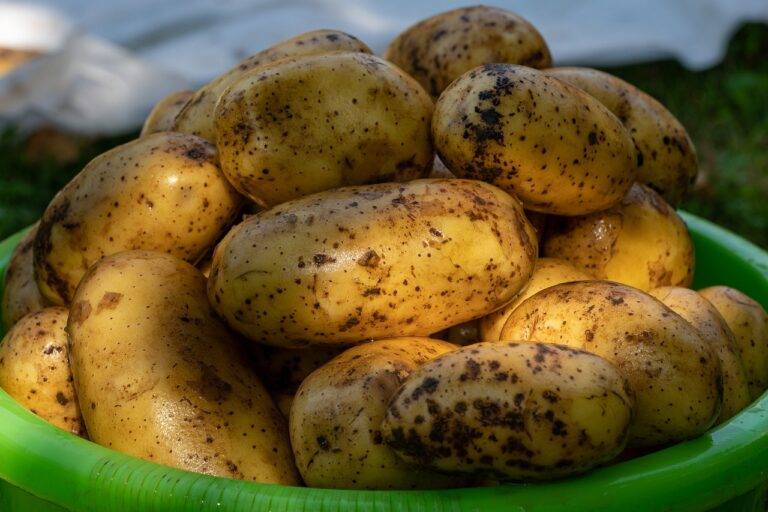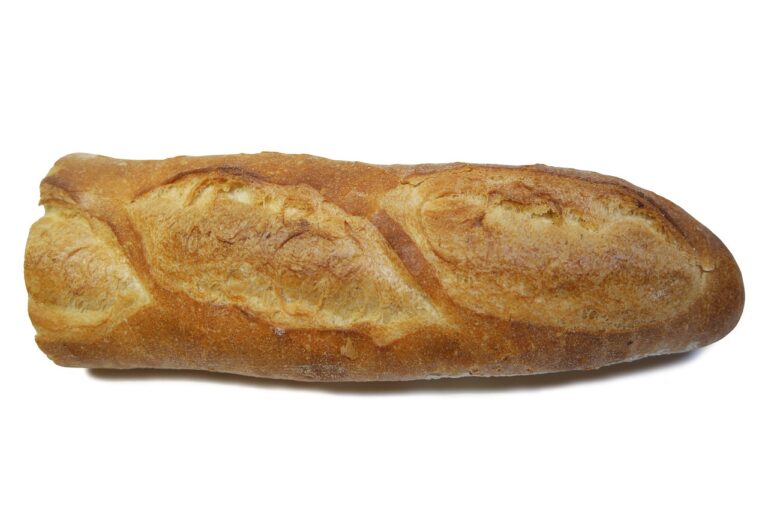Olive Oil and Its Use in Cardiovascular Health Diets: 11xplay reddy, Laser 247 betting, Skylivecasino
11xplay reddy, laser 247 betting, skylivecasino: Olive Oil and Its Use in Cardiovascular Health Diets
In today’s health-conscious world, there is a lot of buzz around different types of diets and their impact on our overall well-being. One diet that has been gaining popularity for its heart-healthy benefits is the Mediterranean diet, which includes a significant amount of olive oil.
Olive oil is a staple of the Mediterranean diet and has been shown to have numerous health benefits, particularly when it comes to cardiovascular health. In this article, we will explore the role of olive oil in promoting a healthy heart and discuss how you can incorporate it into your diet.
The Benefits of Olive Oil for Cardiovascular Health
1. Rich in Monounsaturated Fats
One of the main reasons why olive oil is so beneficial for heart health is its high monounsaturated fat content. These healthy fats can help lower bad cholesterol levels and reduce the risk of heart disease.
2. Anti-Inflammatory Properties
Olive oil contains antioxidants and anti-inflammatory compounds that can help reduce inflammation in the body. Chronic inflammation is linked to various cardiovascular diseases, so consuming olive oil regularly can help protect your heart.
3. Improves LDL Cholesterol Levels
Studies have shown that olive oil can improve the ratio of good cholesterol (HDL) to bad cholesterol (LDL) in the blood, which is crucial for maintaining cardiovascular health.
4. Helps Lower Blood Pressure
Olive oil has been found to have a positive effect on blood pressure levels, which is another important factor in preventing heart disease.
Incorporating Olive Oil into Your Diet
1. Use It as a Salad Dressing
One of the easiest ways to incorporate olive oil into your diet is by using it as a salad dressing. Simply drizzle some olive oil over your favorite greens, add a splash of balsamic vinegar, and enjoy a delicious and heart-healthy meal.
2. Cook with It
Olive oil is also great for cooking, as it has a high smoke point and can withstand high heat levels without breaking down. Use it to saut頶egetables, cook meats, or roast potatoes for a flavorful and nutritious meal.
3. Dip Your Bread in It
For a simple and tasty appetizer, dip some fresh bread into a bowl of olive oil seasoned with herbs and spices. This is a traditional Mediterranean dish that is not only delicious but also good for your heart.
4. Drizzle It Over Pasta
Instead of using heavy cream or butter-based sauces, try drizzling some olive oil over your pasta dishes for a lighter and healthier option. Add some garlic, red pepper flakes, and Parmesan cheese for extra flavor.
Frequently Asked Questions
Q: Is all olive oil created equal?
A: No, not all olive oils are the same. Extra virgin olive oil is the highest quality and most nutritious type, as it is minimally processed and retains the most antioxidants and nutrients.
Q: Can olive oil help with weight loss?
A: While olive oil is high in calories, it can be a beneficial addition to a weight loss diet when consumed in moderation. Its healthy fats can promote satiety and help control cravings.
Q: How much olive oil should I consume daily?
A: The recommended daily intake of olive oil varies, but most experts suggest consuming 1-2 tablespoons per day for maximum health benefits.
Q: Can olive oil go bad?
A: Yes, olive oil can go rancid if not stored properly. It should be kept in a cool, dark place away from heat and light to maintain its freshness.
In conclusion, olive oil is a versatile and heart-healthy ingredient that can easily be incorporated into your diet. By making it a regular part of your meals, you can reap the numerous benefits it offers for cardiovascular health. Start adding a splash of olive oil to your dishes today and take a step towards a healthier heart.







